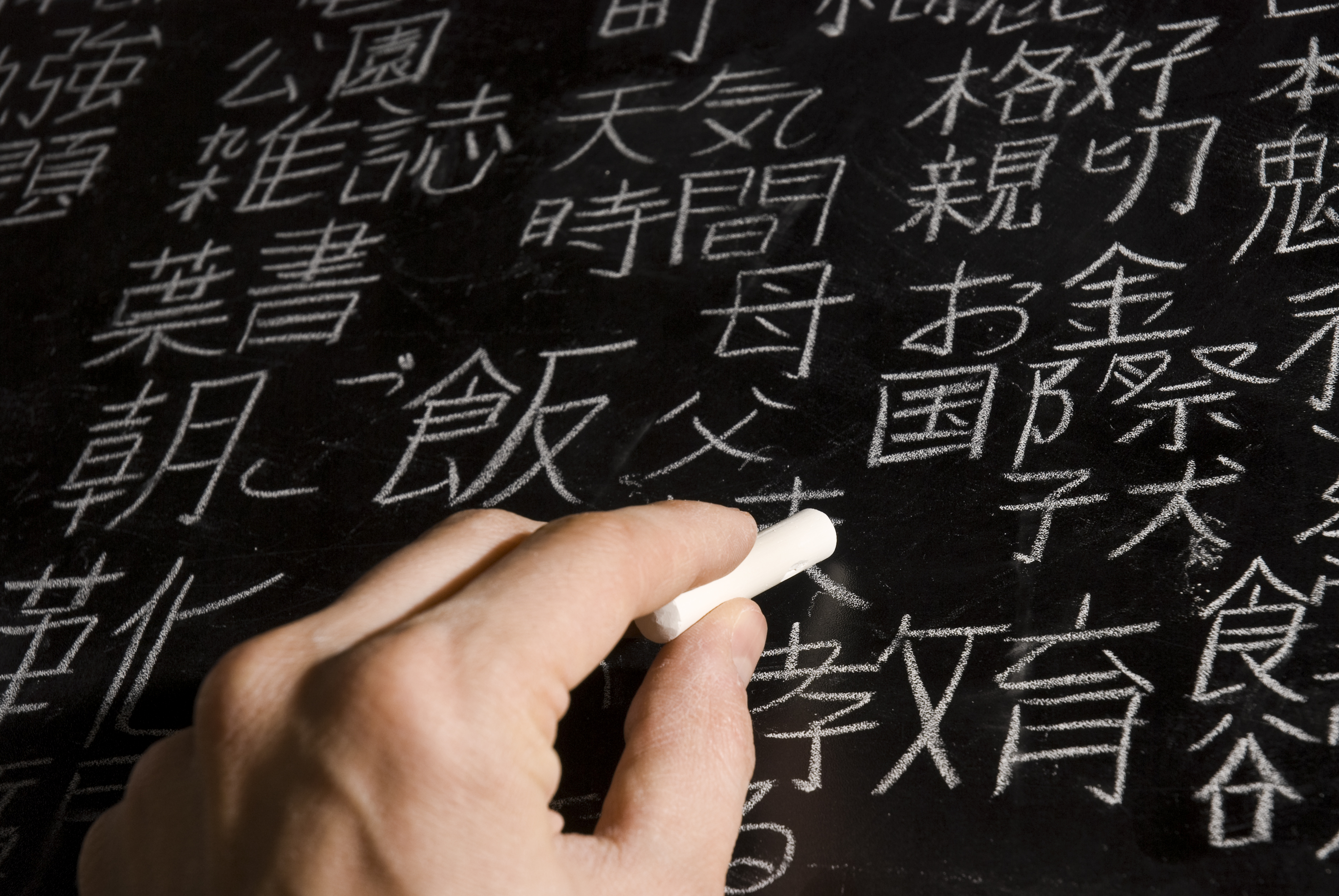Sometimes studying Japanese just feels useless. No matter how many times you look at the same kanji, you have to count the kakusū (画数, number of strokes) and find it in the dictionary. No matter how many times you come across a certain word, you have to look up the definition to understand it. No matter how hard you Google, a certain grammar pattern just continues to baffle you.
In these cases, it is useful to remember a quote by journalist and social reformer Jacob Riis: "When nothing seems to help, I go look at a stonecutter hammering away at his rock perhaps a hundred times without as much as a crack showing in it. Yet at the 101st blow it will split in two, and I know it was not that blow that did it, but all that had gone before."
Riis describes an excellent metaphor for the "eureka effect" in which a previously incomprehensible concept or problem suddenly becomes crystal clear. I believe this is true for Japanese study as well: Even when you're not understanding completely, you may be internalizing concepts that will later make sense.



















With your current subscription plan you can comment on stories. However, before writing your first comment, please create a display name in the Profile section of your subscriber account page.